7 Reasons Why Learning A Second Language Makes You A Better Person

I recently discovered numerous scientific reasons why you seem to appear smarter, more creative, or attractive, when you can speak more than one language. Here are the top reasons why:
1. You Develop Better Memory
Researchers have found numerous positive impacts that being bilingual has on our brain. First of all, knowing two languages helps you process information about the surrounding environment more effectively, meaning you become a faster learner. Next, children who speak a second language typically have much better working memories, compared to monolingual peers. Adults, fret not! Though our working memories are developed early in life and it may be harder to master a new language once we’re grown-up, you can still reap the positive benefits.
2. You Strengthen Your Brain
Being fluent in more than one language improves your brain’s functionality by challenging it to operate within different language systems, hence boosting your ability to negotiate meaning in other problem-solving tasks as well. From a scientific standpoint, switching between different languages triggers the dorsolateral prefrontal cortex (the part of the brain responsible for problem-solving, multi-tasking, and focusing on important things while filtering out irrelevant information).
Bilingual people are also better at paying attention to their environment and analyzing it. This skill comes from being able to tell which language is spoken, so that one can quickly switch between different languages.
Knowing two languages also makes you more creative as you are more capable of understanding things like language syntax, metaphors, and figurative speech, which boost our creative skills and allows us to respond to obstacles in an out-of-the-box manner. In general, being bilingual allows you to tap into the unused creative parts of our brain unlike those who are monolingual.
Another study, from the National Academy of Sciences, discovered additional cognitive gains from being bilingual since birth. Scientists tested 7-month-old infants using audio and changing visuals to analyze their cognitive performance in comparison to monolinguals. They were given an audio cue before being showed a visually stimulating reward (a puppet popping up on their screen). The action was repeated, so that the babies would anticipate the reward. The rewards were also displayed on the opposite sides of the screen after the audio was played. The experiment’s results proved that bilingual babies were faster to adapt to switching screens and showed faster reactions.
Another group of adults were tested to learn Spanish with lyrics in Spanish and English. Participants who already knew another language apart from English and Spanish, proved to pick up and remember the lines faster, compared to those who knew one of the languages, once again proving the positive impact of being bilingual in regards to our memory and cognitive performance in general.
3. You Stave Off Dementia and Alzheimer’s Disease For a Few Years
According to Brian Gold, a neuroscientist at the University of Kentucky College of Medicine in Lexington, knowing two languages can reduce the risks of Alzheimer’s and postpone dementia.
When conducting a test with bilingual seniors, researchers discovered they were better at tasks that required them to sort out colors and shapes, when compared to monolingual peers. They also monitored the processes happening inside their brains with a scanner. It turned out that the brains of a monolingual worked much harder to accomplish the task, while the bilingual’s brains were more efficient and could be compared to those of young adults. Having more reserve of brain power when you age can help you stay protected against the losses caused by Alzheimer’s and other forms of dementia.
4. You Become Better At Building Relationships With Others
Apart from the obvious fact that being capable of conversing in different languages makes it easier to create social ties with people around the globe and win attraction more easily, there’s also a more subtle level of impact behind that.
Susan Ervin-Tripp from the University of California noted in her report, “When we are in situations demanding a change in language, we may have a strong sense of a shift in values and feelings. Some bilinguals even report they have two personalities.” Indeed, a lot of bilinguals admit they feel like having two different personalities for operating one or another language. Mainly, this is due to the fact that different languages influence the way we think, from how we choose the vocabulary to describe the world around us to getting influenced by the different cultures you are operating in. Actually, that’s a great thing, as the ability to switch between different languages improves your ability to understand others, be more empathetic, and communicate better; therefore, drastically improving your relationships with others.
Language is the core tool to help us better understand morals, beliefs, passions, and woes of other people.
5. You Have More Career Prospects
Having more than one language in your resume can drastically improve your chances of getting hired. In fact, a recent survey proved that bilinguals in the US also tend to earn at least $7.000 more annually compared to monolingual peers with the same kind of work experience. The reason is simple: there are fewer bilinguals to choose from, hence each one has a higher “value”. However, in Canada (a bilingual country), many people speak the two official languages of English and French. They tend to earn 7-8% more than monolingual counterparts. Foreign languages that will currently make you the most money include German, French, Spanish, Mandarin, and Arabic.
6. You Seem To Appear More Attractive
There’s something special about your friend who’s capable of switching between languages, right? Well, a recent international survey has just confirmed that bilingual people tend to appear more attractive compared to monolinguals. Over 79% of survey respondents from around the globe agreed that a person speaking a second language instantly seems more appealing. However, there’s a catch. Only certain languages cast this magical effect. The languages on top of this list are no surprise: French, Italian, Spanish, and English. The least sexy language turned out to be Korean.
7. You Become a Better Traveler
One of the biggest differences between a traveler and a mere tourist is that the first one is capable of making genuine connections with the locals and getting to know the culture deeper, while the first one simply enjoys a quick and superficial familiarity. Speaking the local language, at least just a few words, will open more doors to you and will help you connect to the locals on a new level.
Obviously, navigating around a foreign land gets much easier. The locals will often make an additional effort for you if you manage to crunch just a few local phrases. At least, that’s what my travel experience has proven so far!

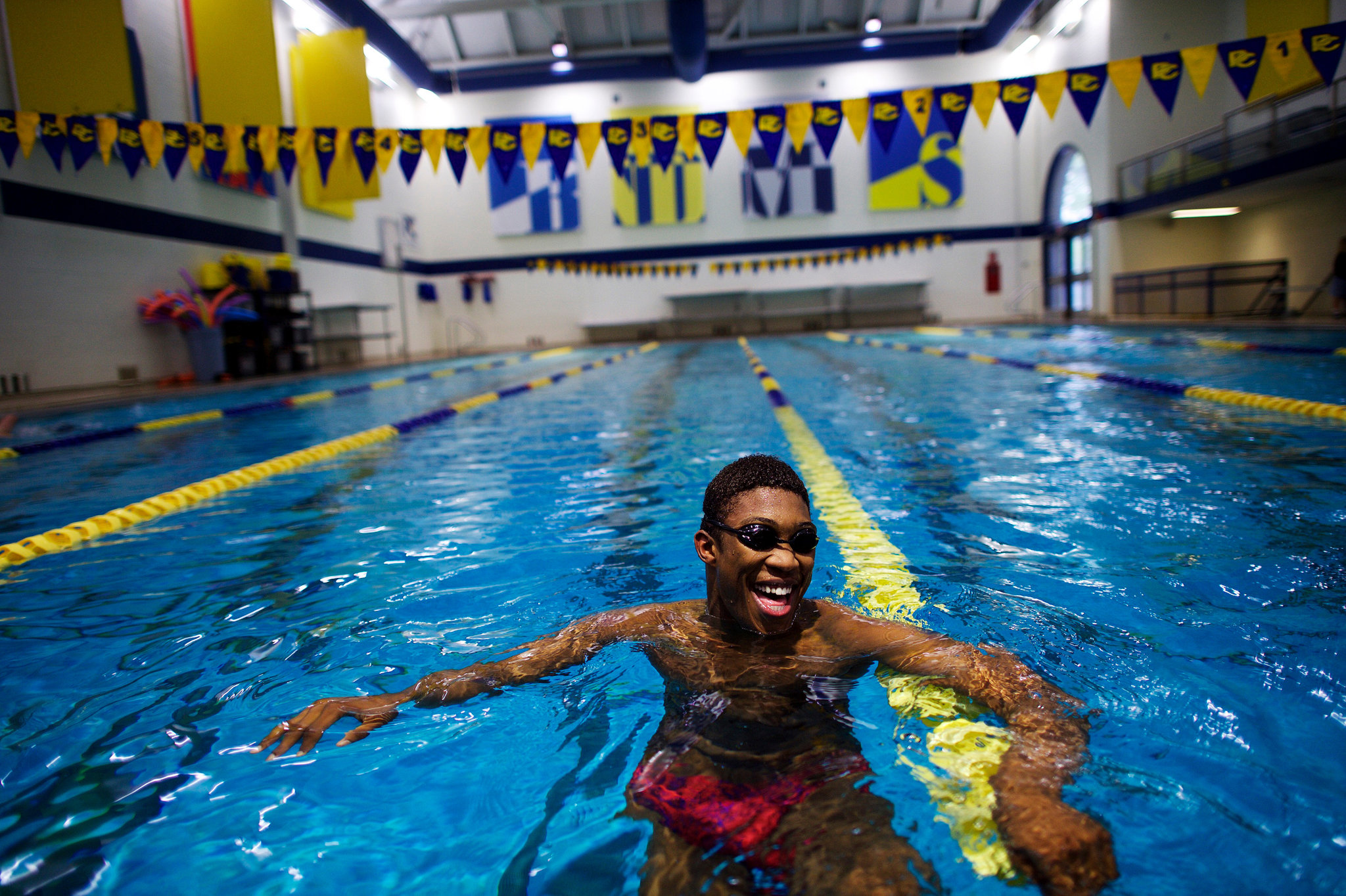
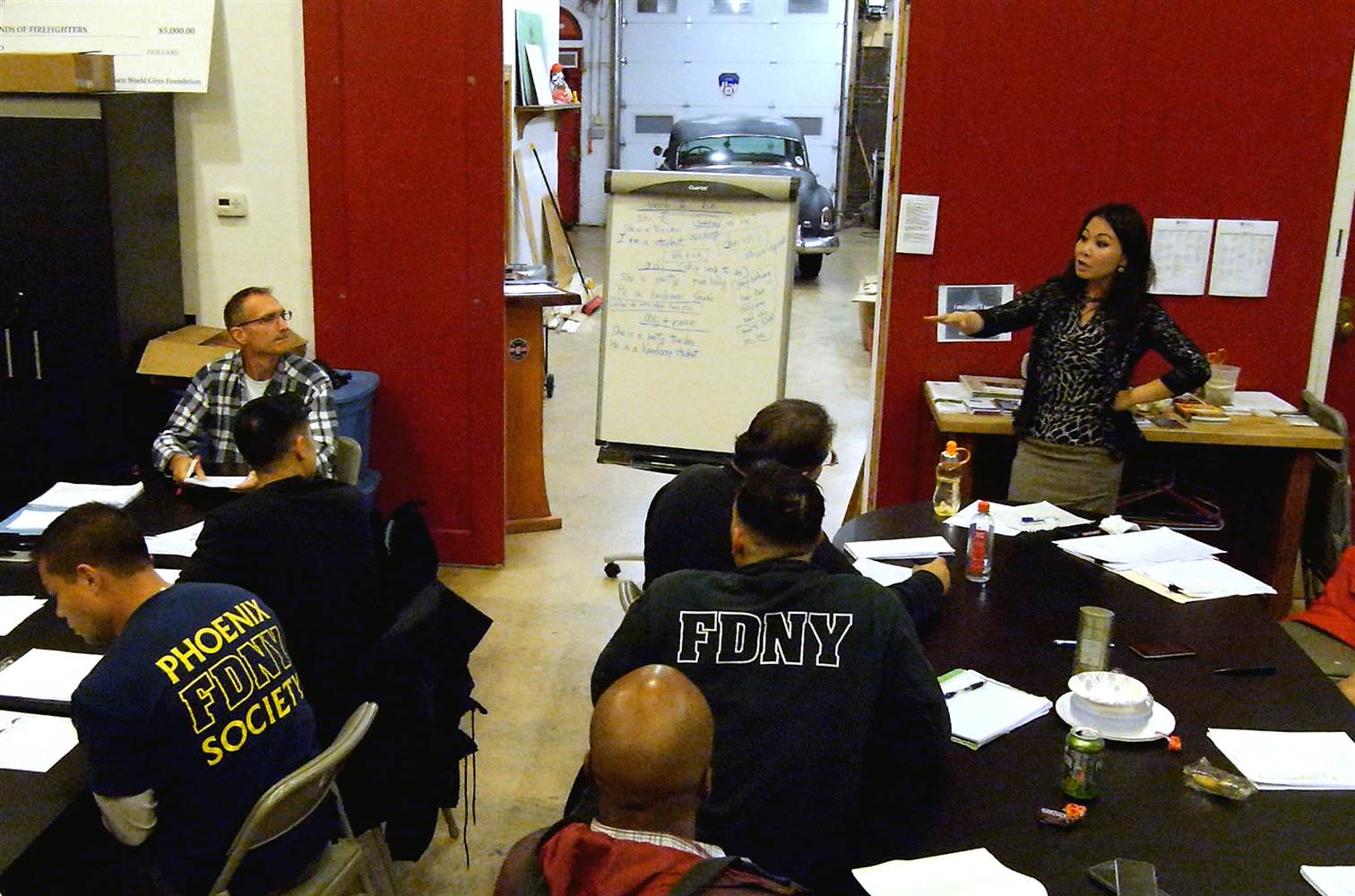
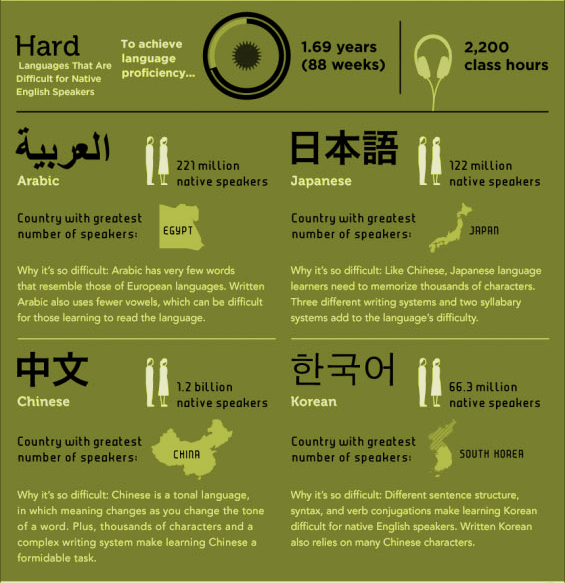
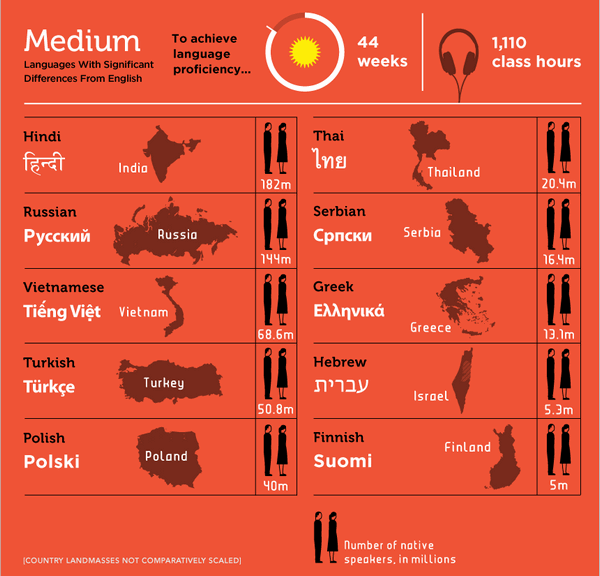 Meaning with meaning
Meaning with meaning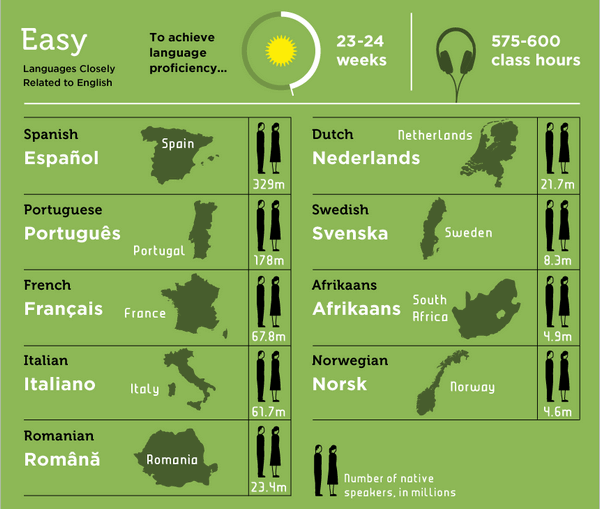 Tongue twisting languages
Tongue twisting languages

